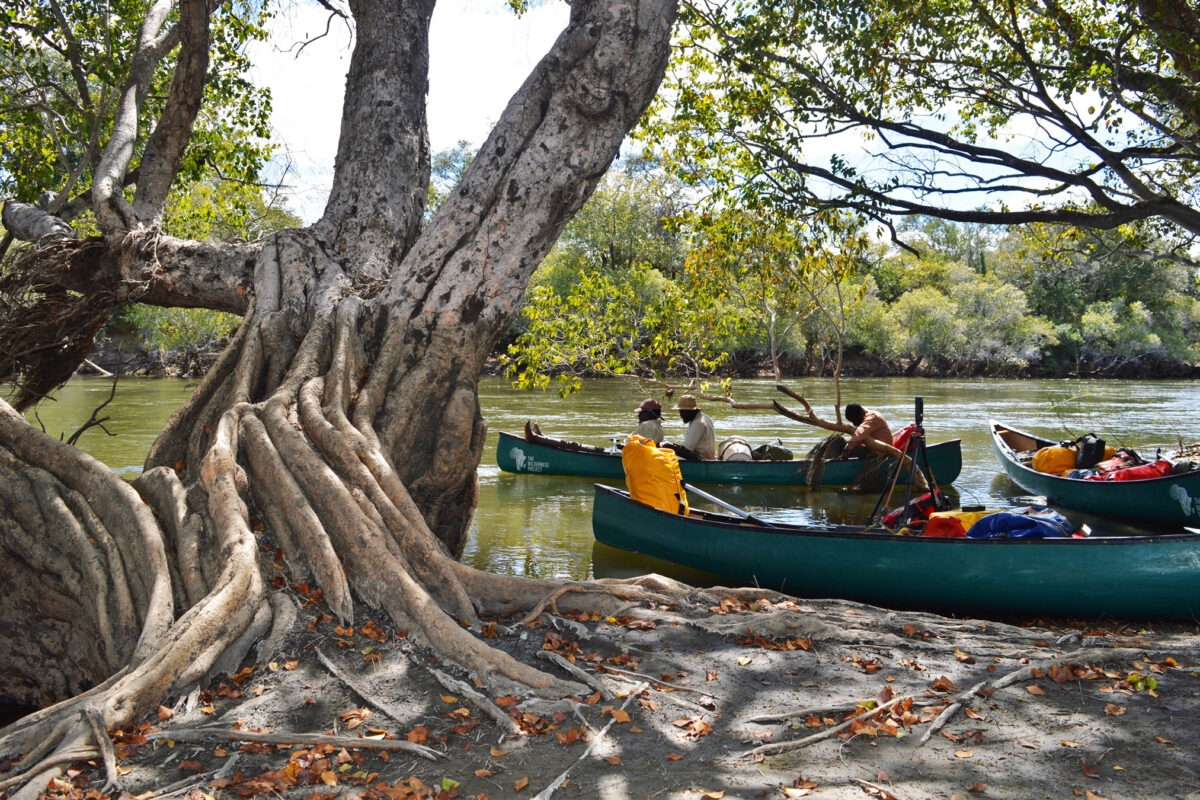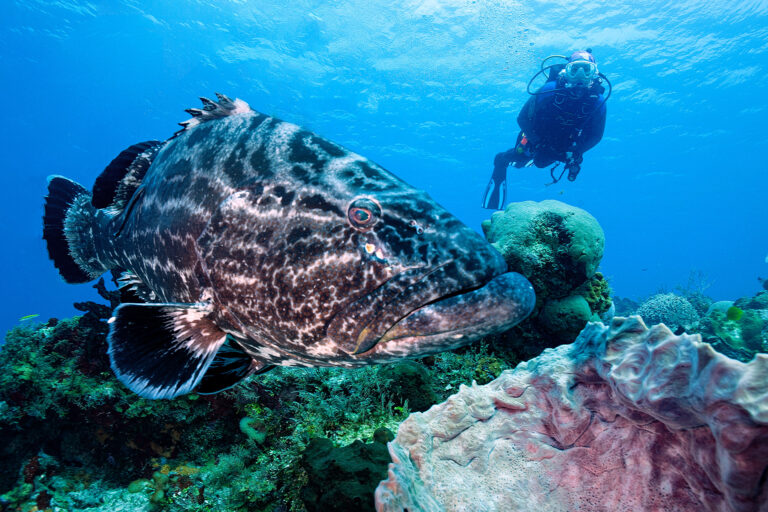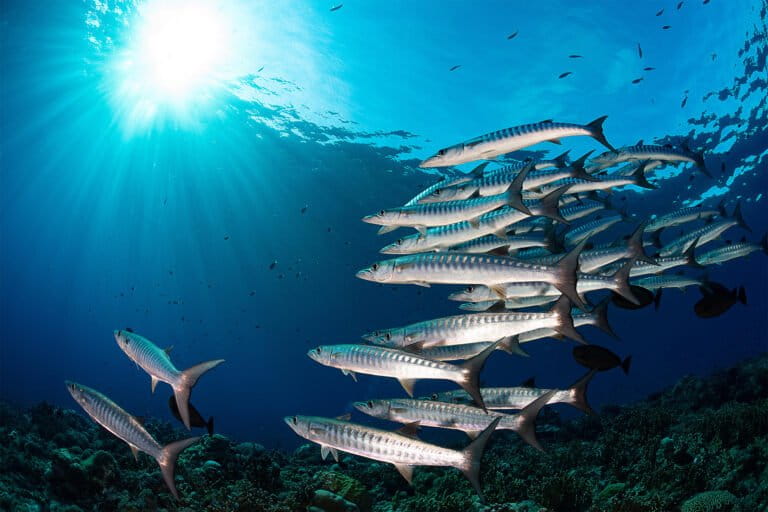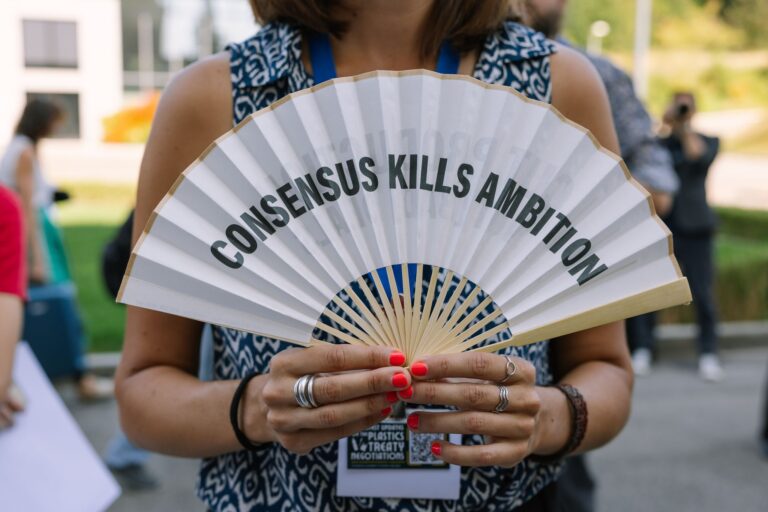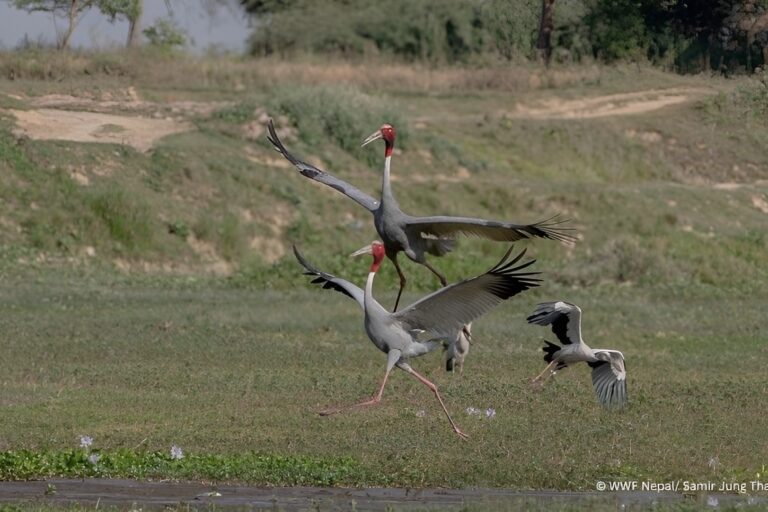- Sudan, a 45-year-old rhino believed to be the world’s last surviving male northern white rhino, died at the Ol Pejeta Conservancy in Kenya on March 19.
- Sudan had been battling ill health over the past few months, and after his condition worsened considerably in the last 24 hours, veterinarians decided to euthanize him.
- Sudan lived at Ol Pejeta with the only other northern white rhinos left on Earth — his daughter, Najin, and her daughter, Fatu — under 24-hour armed surveillance.
- The survival of the species now hinges on costly and never-before-attempted in vitro fertilization using eggs from the remaining females, stored sperm samples, and southern white rhino females as surrogates.
The fate of the northern white rhinoceros now hangs by an extremely thin thread.
Forty-five-year-old Sudan, believed to be the world’s last surviving male northern white rhino (Ceratotherium simum cottoni), died at the Ol Pejeta Conservancy in Kenya on March 19.
Sudan fell gravely ill earlier this month following a series of infections and age-related health issues that developed last year. Veterinarians worked around the clock to save him, but his condition deteriorated considerably in the last 24 hours, with Sudan unable to stand up, according to a press release from the Ol Pejeta Conservancy and U.S.-based conservation group WildAid. Given the extent of the rhino’s suffering, the team of veterinarians from the Czech Republic-based Dvůr Králové Zoo, Ol Pejeta and Kenya Wildlife Service made the decision to euthanize him.
Sudan lived at Ol Pejeta with two elderly female northern white rhinos — his daughter, Najin, and her daughter, Fatu — under 24-hour armed surveillance. The two females are now the last known members of this once wide-ranging subspecies.
“We at Ol Pejeta are all saddened by Sudan’s death,” Richard Vigne, Ol Pejeta Conservancy CEO, said in the statement. “He was an amazing rhino, a great ambassador for his species, and will be remembered for the work he did to raise awareness globally of the plight facing not only rhinos, but also the many thousands of other species facing extinction as a result of unsustainable human activity. One day, his demise will hopefully be seen as a seminal moment for conservationists worldwide.”
It is with great sadness that Ol Pejeta Conservancy and the Dvůr Králové Zoo announce that Sudan, the world’s last male northern white rhino, age 45, died at Ol Pejeta Conservancy in Kenya on March 19th, 2018 (yesterday). #SudanForever #TheLoneBachelorGone #Only2Left pic.twitter.com/1ncvmjZTy1
— Ol Pejeta (@OlPejeta) March 20, 2018
The only hope for this subspecies now exists in developing artificial reproductive techniques, such as in vitro fertilization (IVF), experts say. Ol Pejeta Conservancy and Dvůr Králové Zoo are partnering with the Berlin-based Leibniz Institute for Zoo and Wildlife Research; Avantea, a medical laboratory in Cremona, Italy, specializing in IVF; and Kenya Wildlife Service to carry out the first-ever IVF procedure. This will involve safely removing egg cells from the two remaining females, fertilizing these with stored semen samples collected from now-dead northern white males, and inserting the resulting embryos into female southern white rhinos that will act as surrogates. The procedure could cost as much as $9 million.
“This has never been done before in rhinos, and does not come without risks. Yet this is the hope for preserving an entire subspecies,” the press release said.

Northern white rhinos were once found across Uganda, the Central African Republic, Sudan, Chad and the Democratic Republic of Congo. But intense poaching to meet rhino horn demand in China and other Asian countries wiped out most populations, leaving just 20 to 30 rhinos by the 1990s and early 2000s. In 2008, conservationists considered the subspecies to be extinct in the wild.
Other rhino species are under immense threat from poaching and habitat loss as well. For example, as few as 30 Sumatran rhinos, along with about 60 Javan rhinos are believed to be surviving in the wild.
“We can only hope that the world learns from the sad loss of Sudan and takes every measure to end all trade in rhino horn,” said WildAid CEO Peter Knights. “While prices of rhino horn are falling in China and Vietnam, poaching for horn still threatens all rhino species.”




